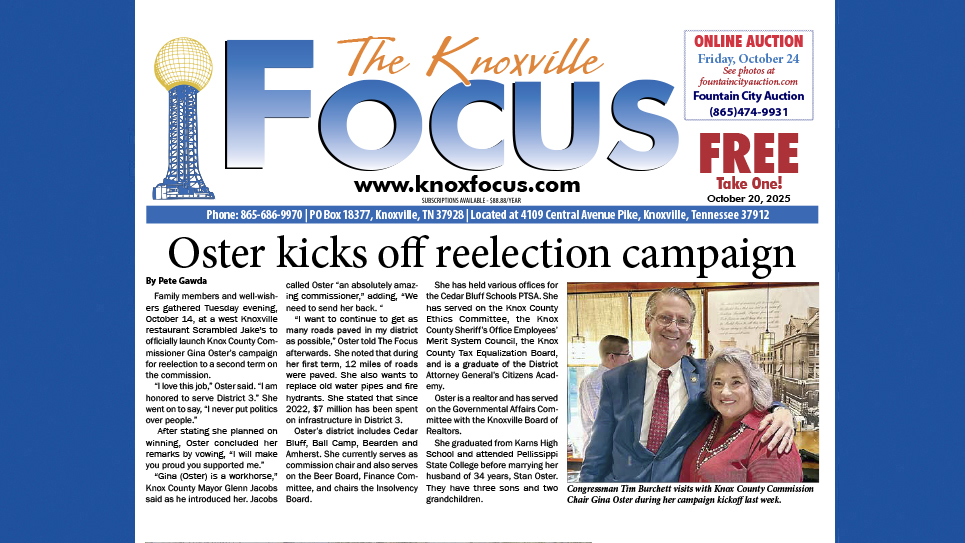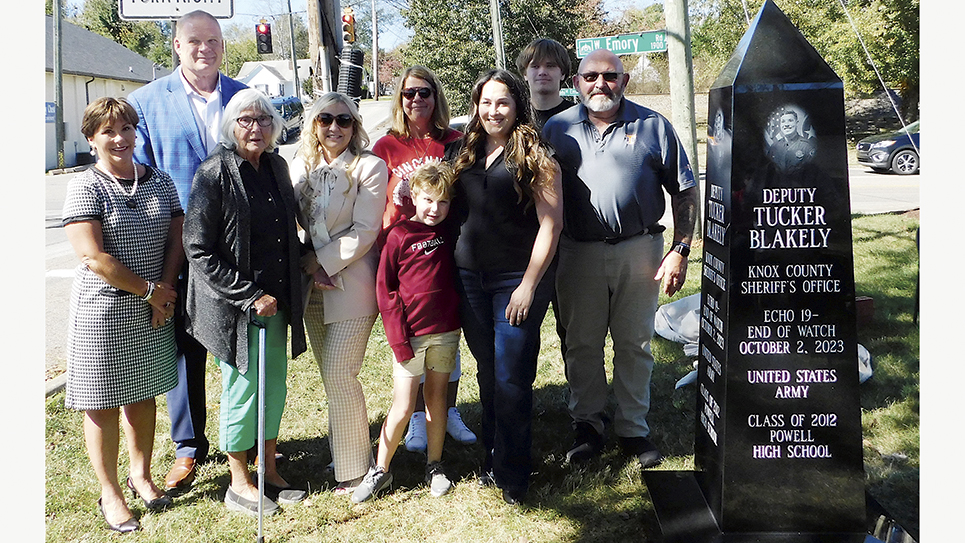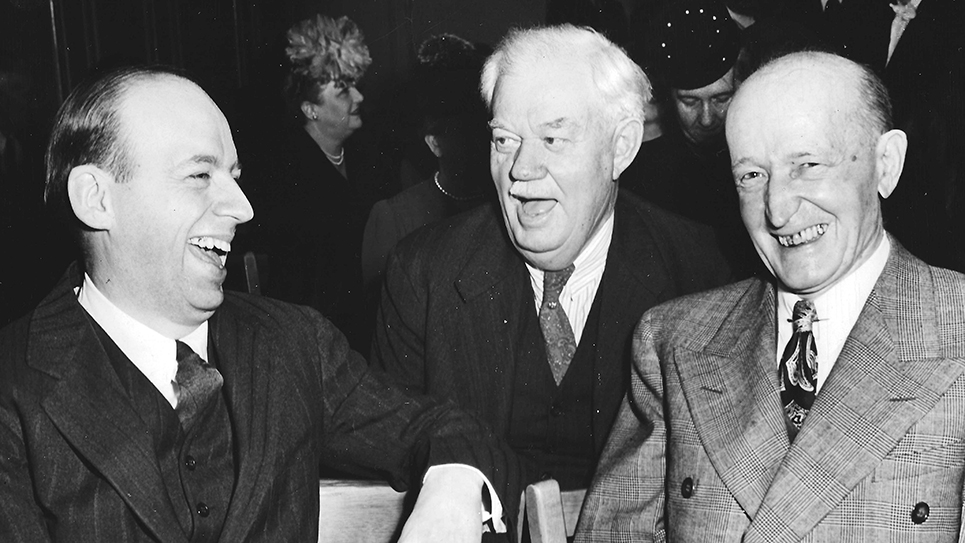By Ray Hill
Ohio and Virginia vie for having produced the most Presidents of the United States. William Henry Harrison, Ulysses S. Grant, Rutherford B. Hayes, James A. Garfield, Benjamin Harrison, William McKinley, William Howard Taft and Warren G. Harding were all from Ohio. William Henry Harrison was actually born in Virginia, but served as a congressman and U. S. senator for his adopted state of Ohio. Harrison was the first American president to die in office, while perversely so did three others: James A. Garfield, William McKinley, and Warren G. Harding. Worse still, Garfield and McKinley were the victims of assassination. All of them were from Ohio.
Ohio has also produced some notable politicians, some of national stature like President William Howard Taft’s son, “Mr. Republican”, Robert A. Taft and John W. Bricker, who was Thomas E. Dewey’s vice presidential running mate in 1944 (and was still around and sitting on the stage when President Ronald Reagan was campaigning for reelection in 1984.) The Buckeye State also produced some politicians less well known, although those individuals proved to be enduringly popular in Ohio. Frank Lausche, the son of immigrants and elected five times to serve as governor of Ohio and who won two terms in the United States Senate. Stephen M. Young, a man of acidulous wit who was not known to tolerate belligerent or abusive constituents. Lausche was a Democrat from Cleveland who was a maverick who oftentimes infuriated the members of his own political party. Young was an unabashed liberal and Democrat who was something of a perennial candidate for office and successful more often than not. George Harrison Bender was a contemporary of and competitor of both Frank Lausche and Stephen M. Young. Like Lausche, Bender was the son of immigrants, who immigrated from Czechoslovakia to the United States.
Bender was a Republican and also from Cleveland who served in Congress and a brief term in the United States Senate. George Bender’s career extended from the time he was a teenager until his death in 1961. Bender was only fifteen years old when he collected an astonishing 10,000 signatures to encourage former president Theodore Roosevelt to once again seek the nation’s highest office. George Bender was elected to the Ohio State Senate in 1920, becoming the youngest person in the state’s history to win a seat in that body until that time. A member of the State Senate for ten years, Bender fought for a variety of issues and was a supporter of prohibition. George Bender’s position on the prohibition issue changed when police received an anonymous tip the senator was hiding alcohol in his home. Police raided the Bender residence and found nothing, but the young politician remained opposed to prohibition for the rest of his life. Controversy was a frequent guest in George H. Bender’s life and if he did not exactly court her, she was certainly well known to him.
George Harrison Bender was not easily deterred as evidenced by his persistence in running for Congress. Bender ran for a congressional seat in 1930 and tried again for Ohio’s at large seat in the House of Representatives in 1932, 1934, and 1936. The thirty-four year old Bender came close to beating incumber Robert Crosser in 1930. 1932 was a bad year for Republicans nationally, but George Bender proved to be a vote getter, running third behind Democrats Charles V. Truax and Stephen Young. Bender ran third again in the 1934 election, yet ahead of his GOP running mate. George Bender ran behind the Democratic candidates in the at-large race for Congress in 1936, a dismal year for Republican candidates. George H. Bender won the Republican nomination for Congressman-At-Large in 1938 and led the ticket, defeating his Democratic opponents.
In 1940, Ohioans split their tickets, electing one Republican and one Democrat as their congressmen-at-large. George Bender won 35,000 more votes than his nearest competitor, Stephen Young. In 1942, Bender and Young faced each other for the sole at-large seat from Ohio. Both were probably the most popular candidates for the statewide congressional seat of their respective political parties. Young, was a small man with a peppery personality while Bender was rotund and gregarious. Bender won almost 57% of the vote. Two years later Democrat William Glass pressed Bender a bit harder, but the congressman was reelected. 1946 was the best year Republicans had known since 1928 and Ohio was no exception. George H. Bender was reelected with quite nearly 60% of the vote statewide.
George H. Bender, like most Republicans, fully expected Thomas E. Dewey to defeat Harry Truman for the presidency in 1948. Bender had not been an original supporter of the New York governor, preferring instead Ohio’s own Robert A. Taft. Bender had been a loud and boisterous Taft backer during the Republican National Convention. Bender returned home to Ohio to campaign for his at large congressional seat and face his old nemesis Stephen Young. Like Tom Dewey, George Bender was upset, losing by 113,000 votes.
Bender, again facing Stephen M. Young, made a determined bid to regain his seat in Congress and was reelected by more than 200,000 votes. In 1952, Ohio’s at large congressional seat was eliminated and instead, George Bender ran to represent Ohio’s Twenty-Third District, beating Democrat Michael P. O’Brien easily, winning almost 65% of the vote.
Senator Robert A. Taft died of cancer on July 31, 1953 and Governor Frank Lausche appointed Thomas A. Burke, who had served as Cleveland’s Law Director while Lausche had been mayor. Burke succeeded Lausche as mayor and ran in the 1954 special election to serve the last two years of the late Bob Taft’s term. George Bender was considered the favorite for the GOP senatorial nomination, but was challenged in the Republican primary by William B. Saxbe, the Speaker of the Ohio House of Representatives. Saxbe would later be elected to the U. S. Senate from Ohio and served briefly as Attorney General under President Richard Nixon. Saxbe came out swinging and held back nothing, calling Bender an “old-style ward-heeler type of politician.” The young Speaker hinted at Bender’s buffoonery, terming the congressman “the song-singing, bell-ringing voice of doom of the last two Republican national conventions.” Bender had been endorsed for the GOP senatorial nomination by the powerful state committee, but Saxbe gamely campaigned anyway, saying “I couldn’t support George Bender.” Saxbe said, “I felt some representative of modern Republican thinking should get into the race against him.” Bender’s antics at the 1952 GOP national convention had brought ridicule from many in the press with his ringing bells and otherwise making a lot of noise on behalf of the late Bob Taft. Saxbe pointedly commented Bender’s performance hadn’t particularly helped Senator Taft and insisted it had made a negative impression on much of the television audience watching at home. Bender’s lead was impossible for William Saxbe to overcome in the Republican primary.
George H. Bender and Senator Burke waged a nip and tuck battle for Ohio’s Senate seat, with the congressman winning by less than 3,000 votes out of more than 2.5 million ballots cast. Bender entered the hallowed precincts of the United States Senate were he loyally supported the program of President Dwight D. Eisenhower. Bender was hosting a cocktail party for members of the press in December of 1955 when one reporter brought the news Governor Frank Lausche had indicated he would challenge the senator in the 1956 election. The color drained from Bender’s jowls and the senator disappeared for a few minutes. Regaining his composure, Senator Bender returned to his party, although his demeanor was not as jovial as it had been before. Frank Lausche was one of the greatest vote-getters in Ohio’s history and without question the most popular Democrat in the Buckeye State. More conservative than most Democrats, Lausche had broad appeal even amongst Republicans. Without question, Frank Lausche was the most formidable opponent Senator Bender could face in his reelection bid.
Desperately clinging to President Eisenhower’s coattails, George Bender ran as hard as he possibly could in 1956. George Bender ran at the bottom of the GOP ticket in 1956 with Lausche winning many normally Republican counties that Ike was carrying handily. As Eisenhower was carrying Lancaster & Fairfield County by more than 7,300 votes, Frank Lausche won by 68 votes. Lausche had horrified his fellow Democrats when he had openly toyed with the idea of voting with Senate Republicans if President Eisenhower was reelected and his vote could keep the Senate in GOP hands. When the ballots were finally tallied, George Bender had lost by 200,000 votes.
For a time, George Bender was named a special assistant to Secretary of the Interior, Fred A. Seaton. Bender’s relentless lobbying was cited by some as one of the prime reasons Congress granted statehood to Alaska.
Controversy once again publicly assailed George Bender when the anti-racketeering subcommittee of the Senate’s Labor Committee headed by Arkansas Senator John McClellan investigated allegations Bender had dropped his own investigation of Teamsters in Ohio. Worse still, the Bender investigation was supposedly dropped as the Teamsters had switched their support from Senator Tom Burke to Congressman George Bender in the 1954 Senate race. Large contributions from union funds to the Bender campaign were alleged by the Senate committee. Bender had been named as the head of a special commission by none other than Teamster president Jimmy Hoffa, where the former senator had earned a considerable compensation. Bender’s testimony was eye-opening, to say the least, especially for the time. Columnist Joseph Alsop recalled Bender’s “jowls wobbling with self-righteousness” as he recounted naming “a prostitute as Republican precinct captain in her red light district.” The affable Bender explained, “You don’t have to become a prostitute yourself, you have to get their votes.” Perhaps it was a practical political point and while it certainly made for entertaining television, it caused more than a few Republicans to wince and quite a few ladies to gasp.
Bender’s forced retirement from the United States Senate, nor the scandal involving the Teamsters had any effect on the former senator’s taste for politics. Bender became a candidate for delegate-at-large from Ohio to the 1960 Republican National Convention. Bender’s candidacy drew a raised eyebrow of an editorial from the Dayton Journal Herald. Acknowledging anyone had the perfect right to run for office, the editorial stated thoughtful citizens pondered a good many things before placing their names on a ballot for the consideration of their fellow citizens. “Moreover, they will review their own private and public records meticulously for any defects that might militate against party success,” the Journal Herald intoned. The editorial politely suggested former senator George Bender had apparently not given that fact “proper heed.”
Bender’s own party would not sanction his candidacy for delegate-at-large and the former senator stubbornly insisted upon running anyway. Bender’s candidate for president in 1960? Why, George H. Bender, of course! The genial former senator wasn’t really running for the GOP presidential nomination. “Everyone will know that,” Bender insisted. “I will go into every county in Ohio and tell them.”
Bender carried out his threat to run on his own, causing the Lima Citizen to call for Ohio Republicans to repudiate “George Bender for all time.” Bender not only lost his race for delegate-at-large, but also as a GOP precinct committeeman in his home ward. The former senator was upset by a housewife. Angry and bitter, George H. Bender was still plotting his political comeback when he died at his home alone of a heart attack. The former senator was found by his wife upon her return home.
The Dayton Journal Herald in noting Bender’s passing, wrote, “There were quite a few who did not admire George Bender but almost nobody disliked him.”
The Zanesville Times Recorder remembered George H. Bender as a man of great enthusiasms, as well as a legendary figure in Ohio’s politics. When Ohio’s congressman-at-large seat was eliminated, the irrepressible George Harrison Bender announced for a district seat, saying, “They may abolish congressman-at-large but they’ll never abolish George Bender!”






